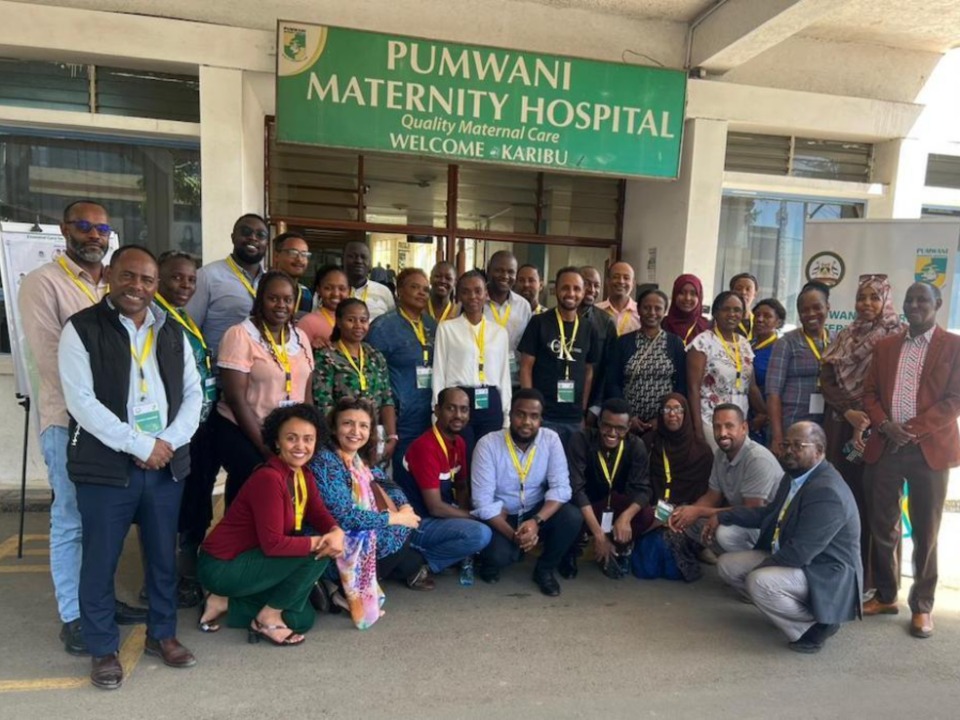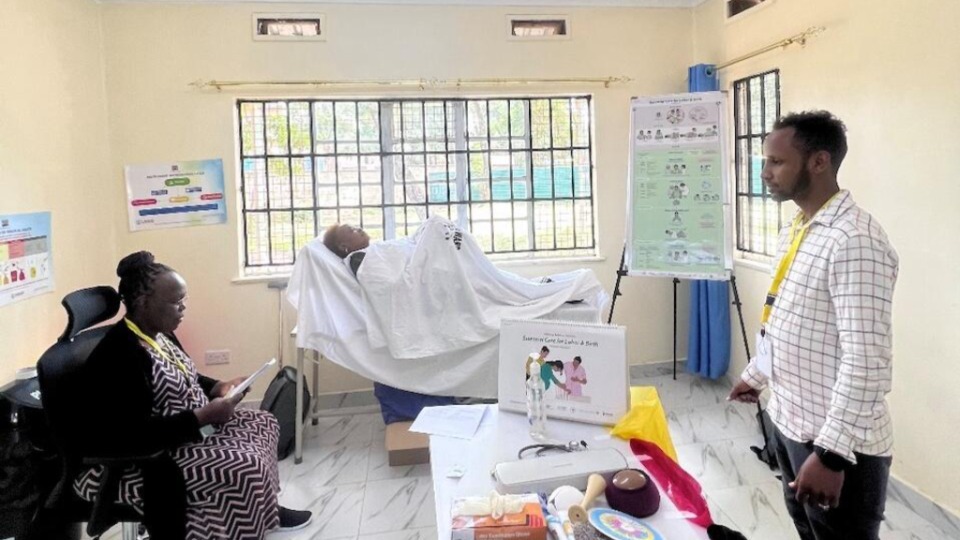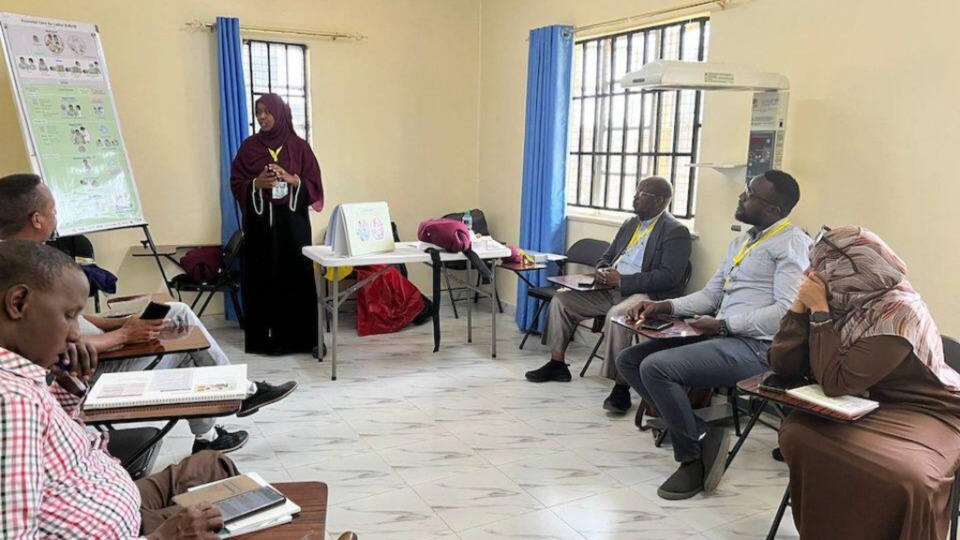
This story appears here courtesy of TheChurchNews.com. It is not for use by other media.
By Mary Richards, Church News
Low-quality healthcare has meant that parts of Africa have newborn mortality rates that are among the world’s highest.
But UNICEF and The Church of Jesus Christ of Latter-day Saints believe every child deserves a healthy start in life.
“The ability of mothers and newborns to receive quality care increases their opportunity for a healthy start,” said Phillip Moatlhodi, a Welfare and Self-Reliance manager for the Church’s Africa Central Area.
That’s why the Church is supporting UNICEF’s efforts to improve outcomes for newborns and their mothers through a training program for health care workers.
The training program includes centers known as “Learning Hubs and Centers of Excellence.” They launched in Ethiopia, Kenya and Tanzania in 2022.
The learning hubs, simulation centers and mentorship programs help ensure health care providers have the skills and knowledge they need to improve standards of care and reduce mortality rates for mothers and babies.
The approach moves away from traditional classroom instruction to more hospital-based, hands-on training — including post-training follow-up, mentoring and supportive supervision.
Fatima Gohar, a maternal, newborn and adolescent health specialist with UNICEF, spoke about building healthcare providers’ skills and competencies.
“Practicing on mannequins can develop competency and a degree of confidence, but it takes practicing on real clients to achieve proficiency,” Gohar said. “With this innovative program, we are ensuring that participants gain not only competency but also proficiency in lifesaving skills. After gaining competency on mannequins, participants will apply their newly learned skills on real clients, under the careful supervision of clinical preceptors.”
UNICEF’s USA’s web story about the initiative said local ownership is needed for any successful program. As UNICEF involved local leadership in the learning hubs, the organization was able to gain the buy-in from governments, agencies and other partners to grow.
Personalized Support for Women in Labor and Delivery

Often, women have been left to labor alone without support because of a shortage of skilled health workers across the region. This increases the risk of maternal and neonatal death.
“In our trainings, we are able to leverage the resources we have from the Church,” Gohar said. “Merging the resources of the Church and other partners, we have been able to reach the first milestone of this partnership where we are starting to see changes, at least in the hospitals we are working in now.”
For example, women are receiving more essential care during labor and birth with a midwife or doctor staying with them — taking care of them, checking on their needs, giving more emotional support and essential care. The healthcare workers were trained on dynamic birthing positions and alternative pain relief therapies, which have allowed more positive outcomes.
Gohar said allowing mothers to use alternate birthing positions helps enhance their positive experience, which will help them not only to come back, but also properly care for their baby.
“Perinatal mental health is a neglected area. A lot of women go through depression or other mental health issues. I recently read about the influence of negative birth experiences on the mental health of mothers. Through this program, we are really trying to improve positive experiences during birth which then may have an impact on their mental health,” she said.
The training approach is designed to cascade down from mentors to other health workers, who then train their colleagues. In this way, the pool of providers grows with the best maternal and newborn skills.

The Church and UNICEF
Since 2013, The Church of Jesus Christ of Latter-day Saints and UNICEF have worked together to support millions of children and their families across the globe.
These initiatives include child nutrition, COVID-19 efforts, emergency response, immunizations and vaccinations, education programs and more.
Moatlhodi said the Church has supported other types of programming implemented by UNICEF and local UNICEF offices had collaborated with the Church on its maternal and newborn care training program in several countries, but this project was the first collaboration in the Church’s Africa Central Area to address key drivers of maternal and newborn mortality.
“We are all children of God and we believe each child of God should have the opportunity for a healthy start in life,” Moatlhodi said.
A social media post from UNICEF USA said: “Through our collaboration, we’re witnessing real change. More mothers and newborns are receiving quality care, and health workers are gaining skills and confidence in tackling neonatal and maternal health challenges.”
Copyright 2024 Deseret News Publishing Company.